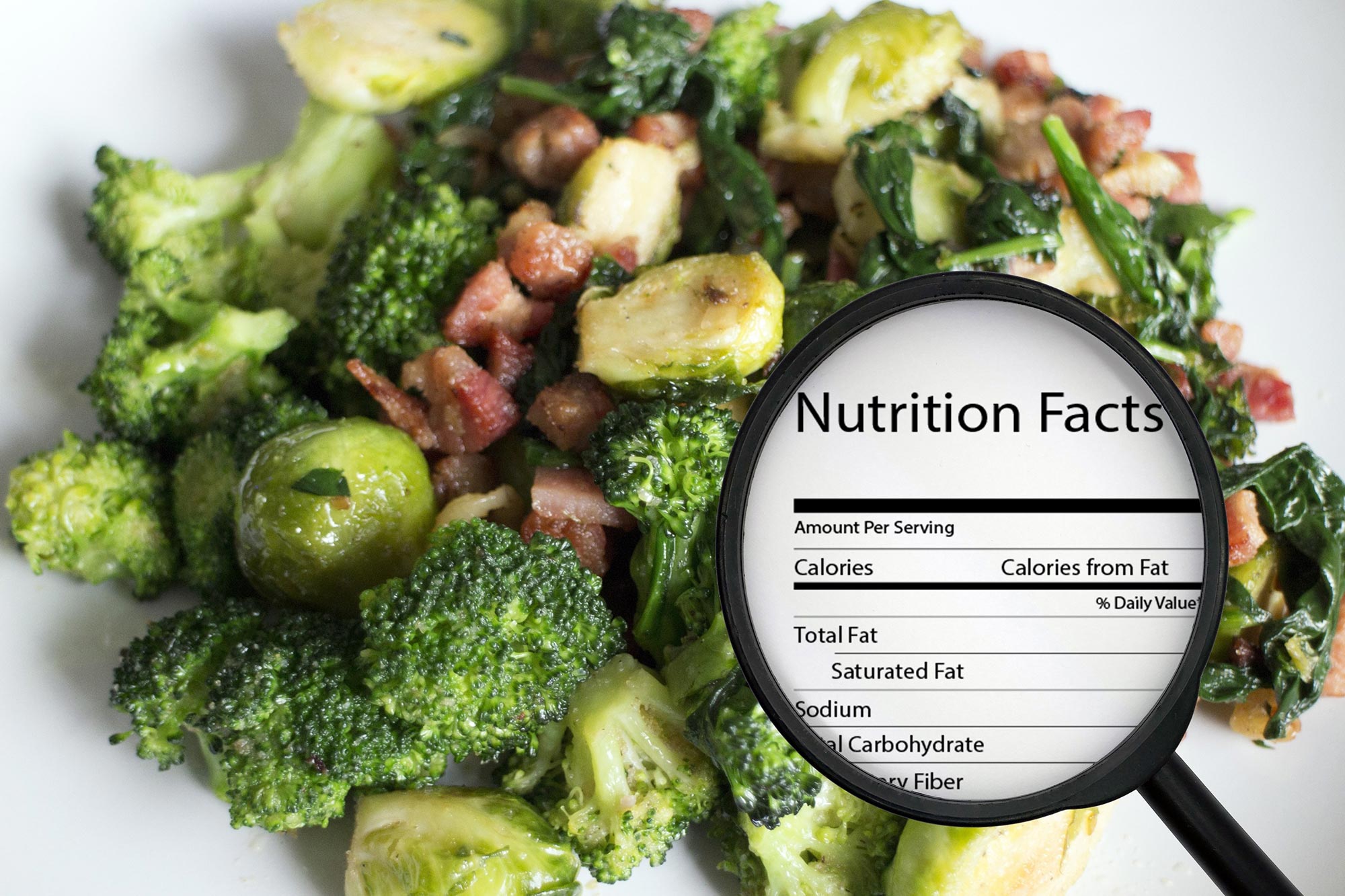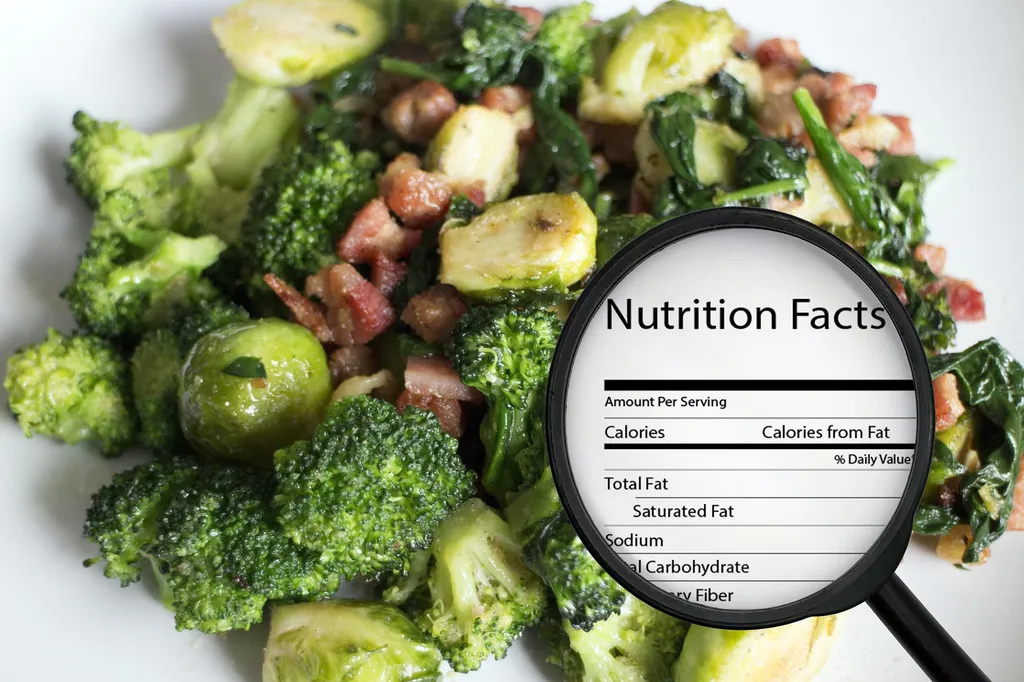

Most people could benefit from a few small changes to their diet. It just might be enough to give you that extra boost of energy or help you lose a little weight.
If you are reading this, then chances are you are not happy with the way you eat. Maybe you have put on a few extra pounds, or perhaps you have been feeling extra sluggish of late. Possibly, you are looking toward the long term and worry about staying healthy in your old age. Whatever the motivation, having a positive relationship with food is possible for everyone.
While everybody’s body is unique, some changes will benefit almost everyone. Remember though, changing your diet should be done slowly to avoid symptoms such as nausea and bloating. Think about how you’ll feel in a few months and start gradually introducing some of the suggestions below.

Whole wheat bread is more nutritious than white bread. Plus, it’s loaded with fiber.
Switch to Whole Grains
Most people on a Western diet lack fiber. One of the simplest ways to up your intake is to switch to whole foods. So, rather than white bread, use whole grain bread. If you cook a lot of rice, try changing to brown or black varieties, or, if you are a pasta lover, switch to wholemeal. Whole grain foods also take longer for your body to break down, keeping you feeling full, and helping prevent over-eating.

Everybody knows that fruit and vegetables are healthy, but many of us still don’t get enough.
Get Enough Fruit and Vegetables
Another area where most people lack is in their fruit and vegetables. The nutritional benefit of eating plant-based food is unquestionable, and the more variety you can pack into your diet the better. Start small, maybe a piece of fruit with breakfast and as a snack, and steadily increase the amount and variety of the vegetables you eat to get maximum benefits. The minimum you should be aiming for is five servings a day, but if you work toward getting a balanced diet, you should find you end up eating much more than this.

Pulses, such as lentils, are a healthy source of protein and fiber.
Eat More Pulses
Pulses are the edible seeds of legumes, including beans, dry peas, chickpeas, and lentils. Aside from baked beans, people consume very few pulses. It is so easy though, that once you add them to your diet, you will wonder why you never did it before! Soaking dried beans is better if you have the time, but for a shortcut, throw a tin of chickpeas, black beans, or whatever you fancy into most dishes to get an added hit of protein and fiber. Easy!

It’s important to drink enough water. While some guidelines call for 8 cups (2 liters) a day, how much you need depends on your weight, climate, how much you exercise, and other factors.
Drink More Water
The last tip is to stay hydrated. If you are getting headaches, aching muscles, or a dry mouth, chances are you are not getting enough water. Regularly sipping on small amounts is best, so carry a bottle of water with you throughout the day to stay topped up. The recommended amount is around two liters a day, but having more than this is unlikely to cause problems. Just make sure you don’t have more than a liter in an hour to avoid hyponatremia, where the body cannot process the water quickly enough.
Taking steps to improve your diet can only have positive results. However, treating anything as a quick fix is unlikely to last going forwards, so the key is to think long-term and make gradual changes. If you commit to this and follow these tips, you will soon start noticing the difference in your energy levels, your appearance, and your mood. It just takes time.